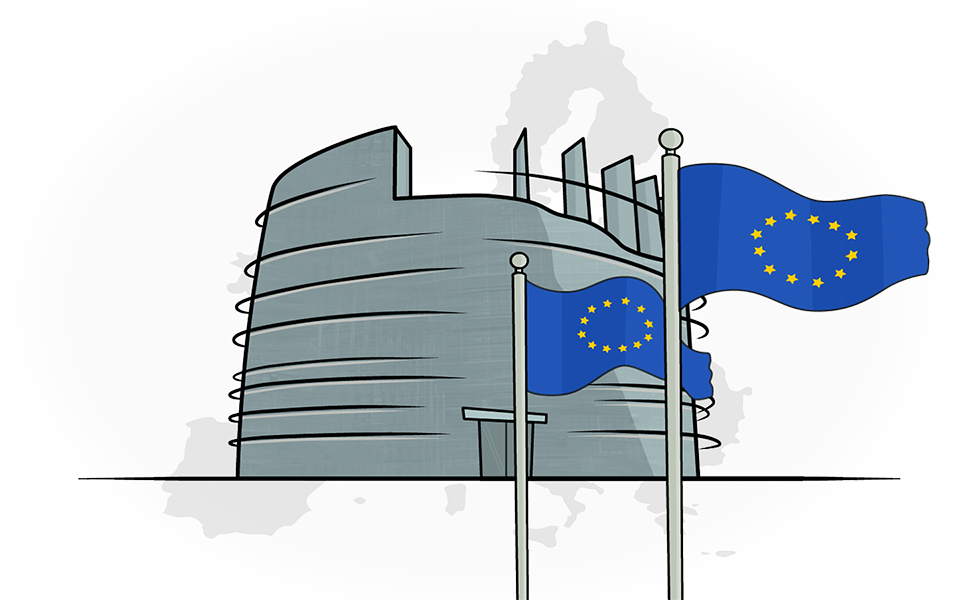Where does the money for clinical trials come from?
Should I participate in an independent clinical trial?
Does it matter to me who is the sponsor of a clinical trial?
What about conflict of interest in clinical trials?
WHERE DOES THE MONEY FOR CLINICAL TRIALS COME FROM?
Clinical trials have a variety of sponsors, such as pharmaceutical industry, foundations, medical institutions and voluntary groups like patients associations. Some clinical trials are funded with public money.
Should I participate in an independent clinical trial?
Clinical trials are “independent” if they are funded by public money, research centres or voluntary groups such as patients associations. These trials should aim to address issues of importance to patients (for example, investigating long-term risks and rare adverse reactions to treatment, comparing the available therapeutic options, or evaluating real improvements in the quality of life).
On the other hand, the majority of clinical trials today are sponsored by pharmaceutical industry and most of them aim to demonstrate the effectiveness and safety of a new treatment for approval by the Regulators.
Important: The European Commission strongly supports independent research to ensure better and more efficient healthcare for everyone. ECRAN is part of this effort and has been developed to support independent clinical trials.
Does it matter to me who is the sponsor of a clinical trial?
Yes, it does. Information about the sponsor should be given to you during the initial talk with the researchers and should be included in writing in the informed consent from you will sign. Knowing who is funding the study gives you a better insight about the trial’s purposes – such as applying for the marketing approval of a new treatment or answering patient-oriented questions, such as long term benefits and risks – and allows you to take a well informed decision.
What about conflict of interest in clinical trials?
When researchers or doctors who are conducting clinical trials or recommend patients as volunteers, receive money from the pharmaceutical companies that produce the treatments being tested, potential conflicts of interest arise.
Since monetary gain may affect the results of the studies, all the most prestigious medical journals require and publish a conflicts of interest declaration in the footnote of every article about clinical trials.
Important: Potential conflict of interests are not usually disclosed to patients in the informed consent, but you have the right to ask the researcher about any monetary compensation or potential conflict of interests they might have.







